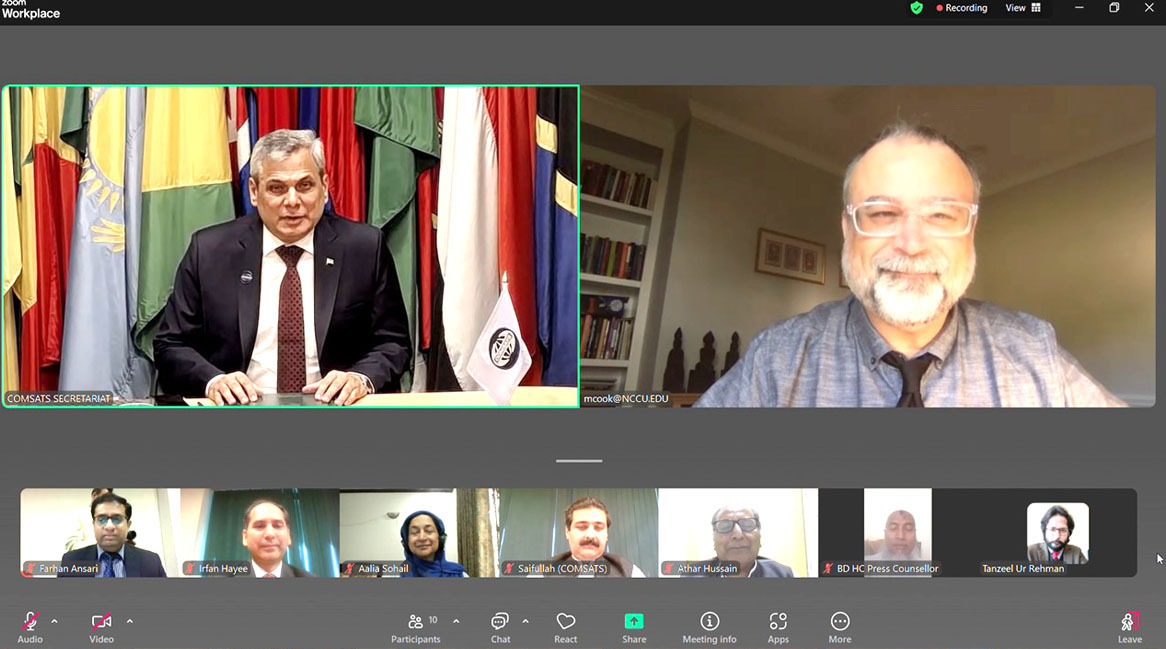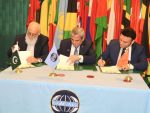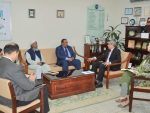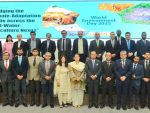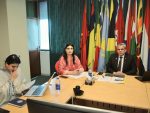The Commission on Science and Technology for Sustainable Development in the South (COMSATS) commemorated the International Day of Women and Girls in Science by holding a Webinar titled “Women in Science: Shaping Tomorrow’s Innovations ” on 12th February 2024. Held in a hybrid format at the COMSATS Secretariat in Islamabad, the event brought together a diverse panel of speakers to explore the pivotal role of women in Science, Technology, Innovation, and Engineering. More than 50 participants from around the globe joined the webinar.
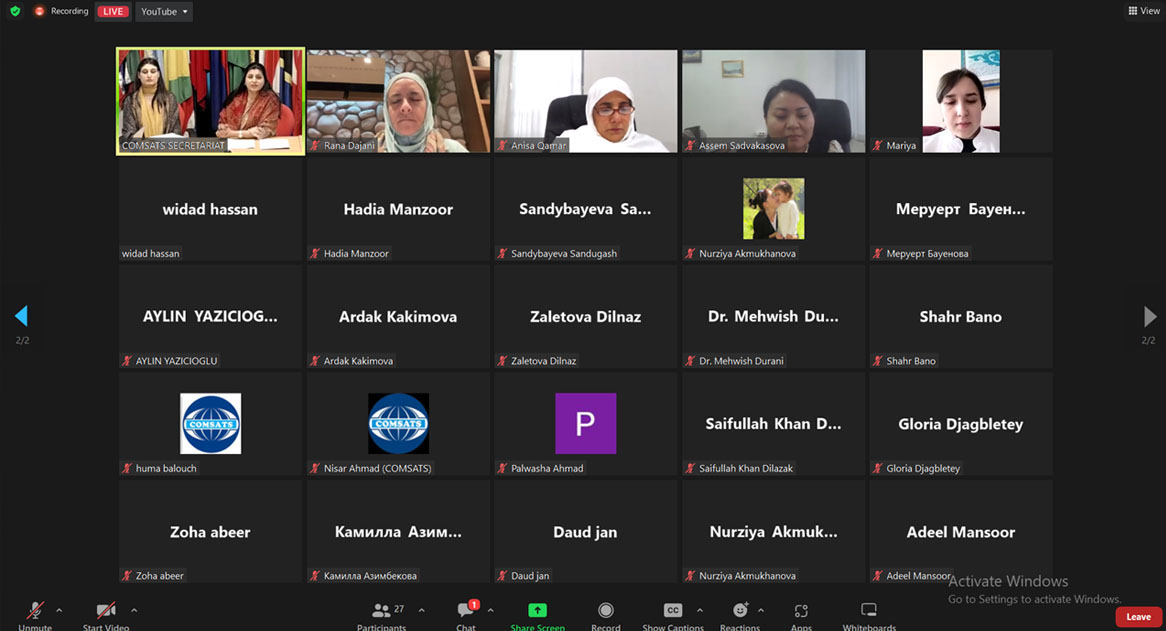
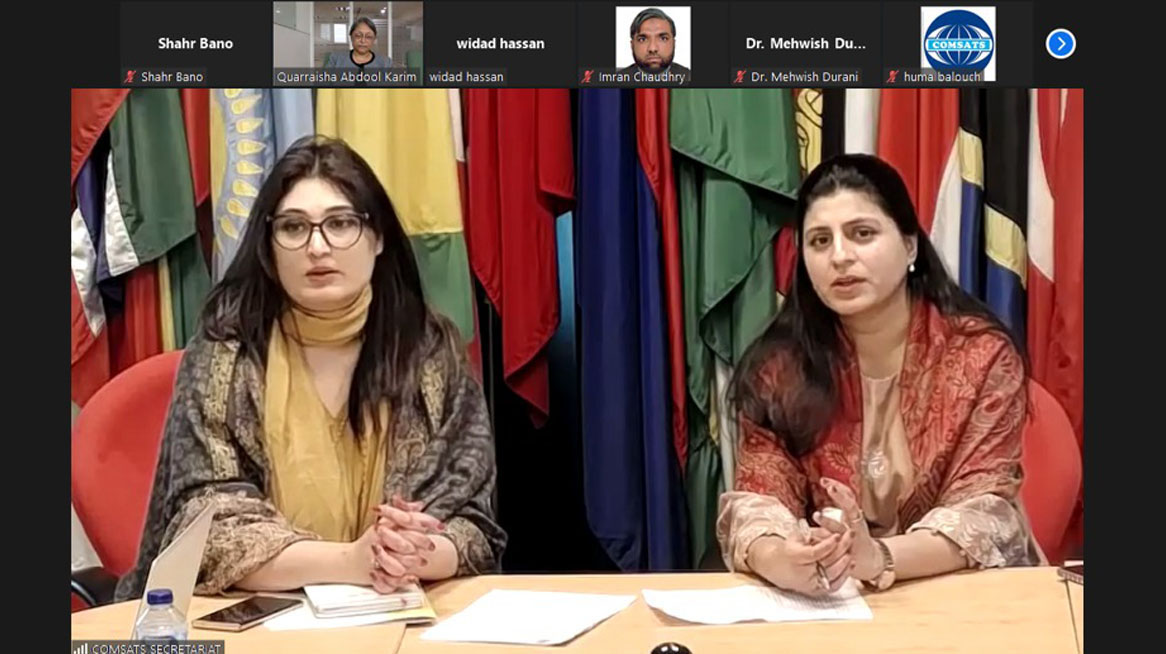
Ambassador Dr. Mohammad Nafees Zakaria, Executive Director of COMSATS, delivered the opening remarks, stressing the importance of women’s equal participation alongside men in addressing global challenges. Dr. Zakaria reiterated COMSATS’ commitment to advocating for and promoting gender equality in science, technology, and innovation worldwide. He highlighted the significance of this day as a call to action, acknowledging women’s invaluable contributions to science and the ongoing journey towards gender equality in the field. Dr. Zakaria emphasized that women bring a unique perspective to scientific endeavors, adding value with diversity in thought and experience, thereby helping to build a more comprehensive understanding of complex issues.
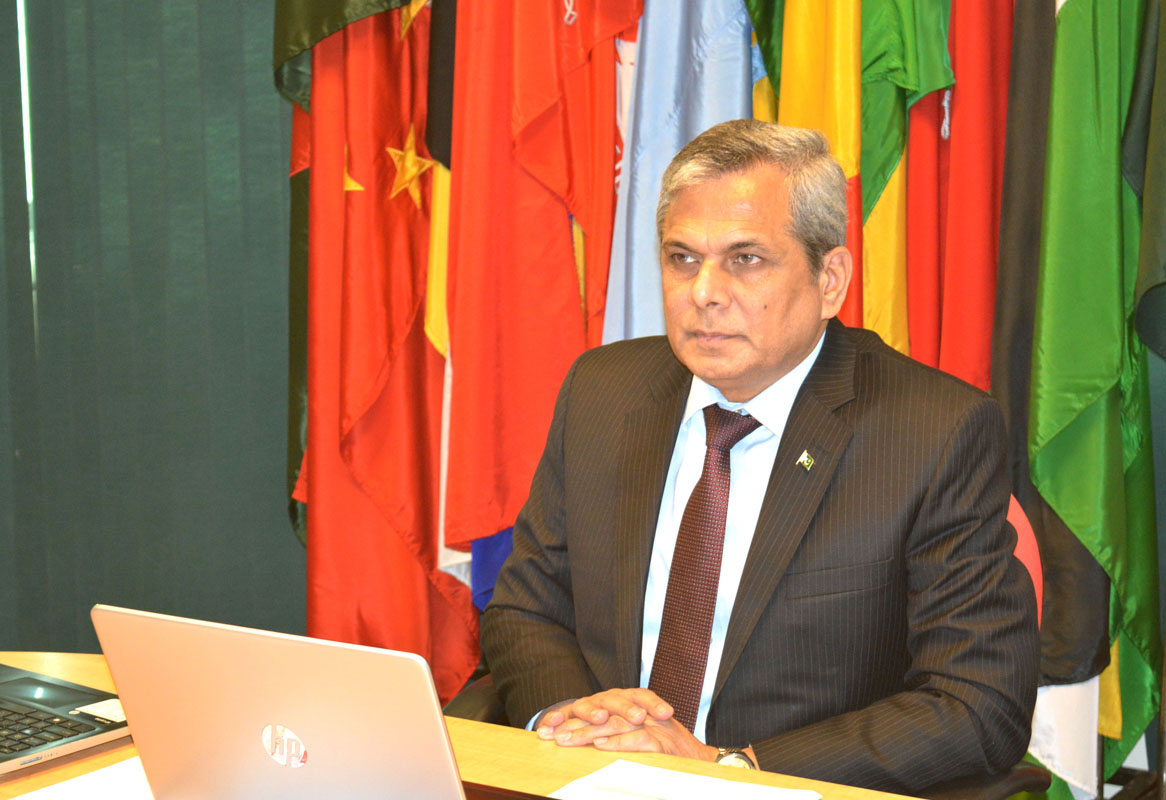
H.E. Senator Dr. Sania Nishtar, a distinguished member of the Senate of Pakistan and recently appointed CEO of Gavi, the Vaccine Alliance, expressed appreciation to COMSATS for organizing this significant event. Dr. Sania underscored that achieving gender equality in science, technology, and innovation is not only a matter of social justice but also essential for fostering economic prosperity and sustainable development. She highlighted the evolving nature of innovation, with a broader range overlapping influences that go beyond traditional science and technology advancements, particularly pertaining to environmental and societal challenges. In this new paradigm, the socio-economic empowerment of women emerges as a crucial catalyst for driving innovation forward.
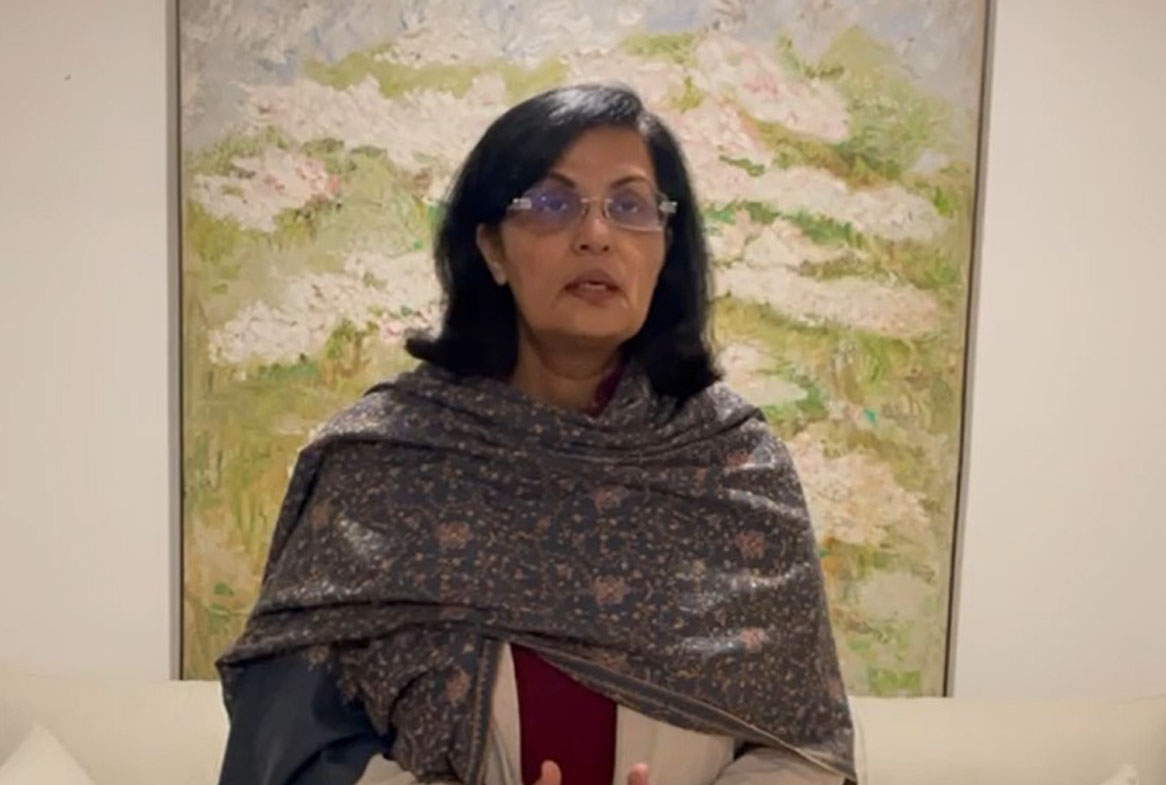
Prof. Dr. Quarraisha Abdool Karim, President of The World Academy of Sciences (TWAS), shared valuable insights gained from her three decades of research contributions that have significantly influenced the global HIV prevention efforts. She highlighted that the developing countries must maximize the potential of their Research and Innovation systems while also promoting gender equality in scientific fields. Integrating gender considerations into the Science, Technology and Innovation landscape can provide developing countries with a significant competitive edge.
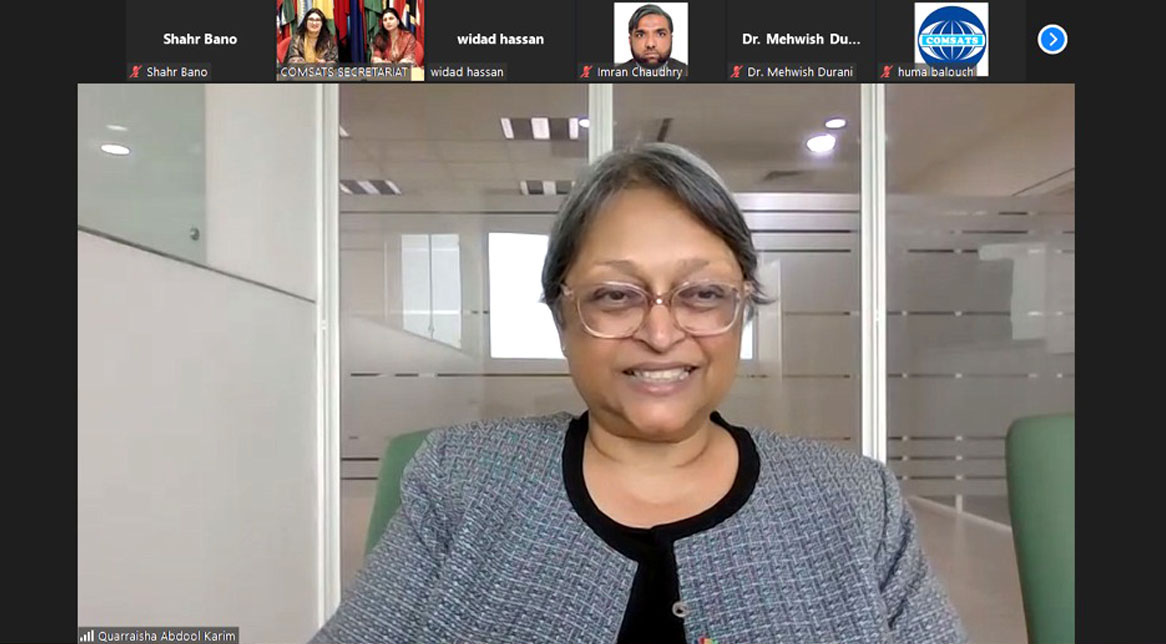
Professor Dr. Rana Dajani from Hashemite University in Jordan emphasized the importance of nurturing an inclusive environment in academia and research. She shared her experience of introducing a simple yet impactful model and activity ‘We Love Reading’, an inter-generational initiative, promoting healing, connection, and positive self-development through the joy of reading. Further, Dr. Dajani highlighted that a significant imbalance in women’s representation persists across various levels of the professional hierarchy, particularly in leadership roles. Despite these hurdles, women and girls have the potential to exhibit remarkable leadership to greatly contribute to addressing global challenges, from poverty alleviation to climate change.
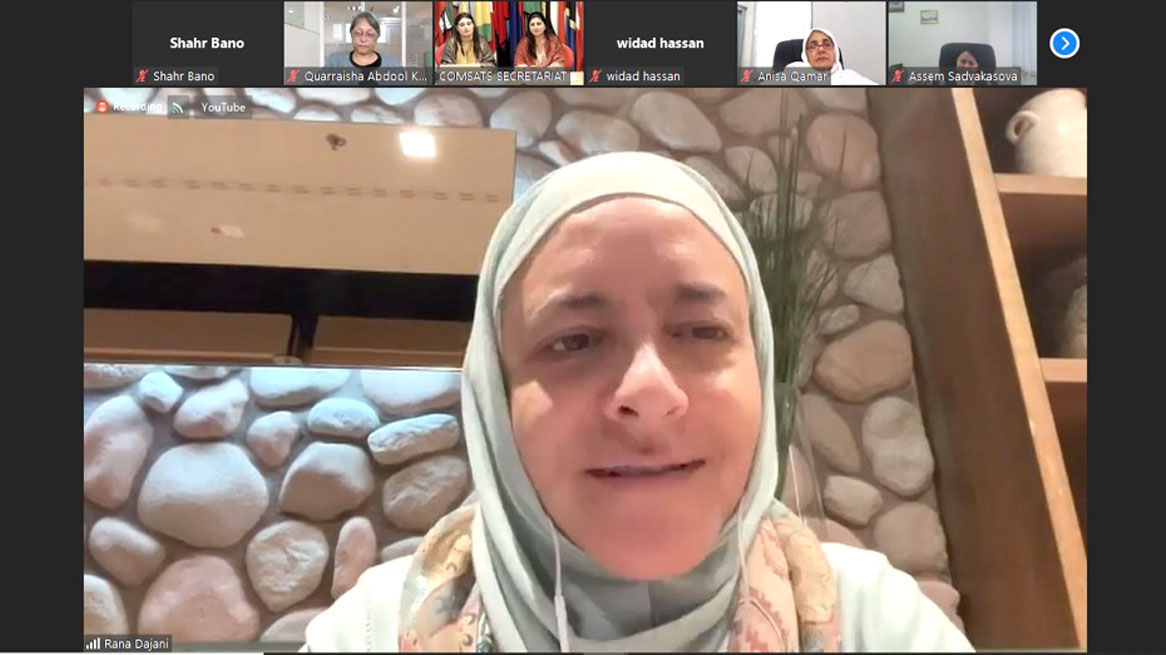
The webinar not only honored the accomplishments of women in science but also spurred transformative action, reigniting the dedication to fostering a supportive atmosphere for women and girls in scientific disciplines. The insightful discussions underscored the necessity for ongoing endeavors and partnerships to ensure that women and girls have integral roles in shaping the future through due integration in science and innovation landscape.

